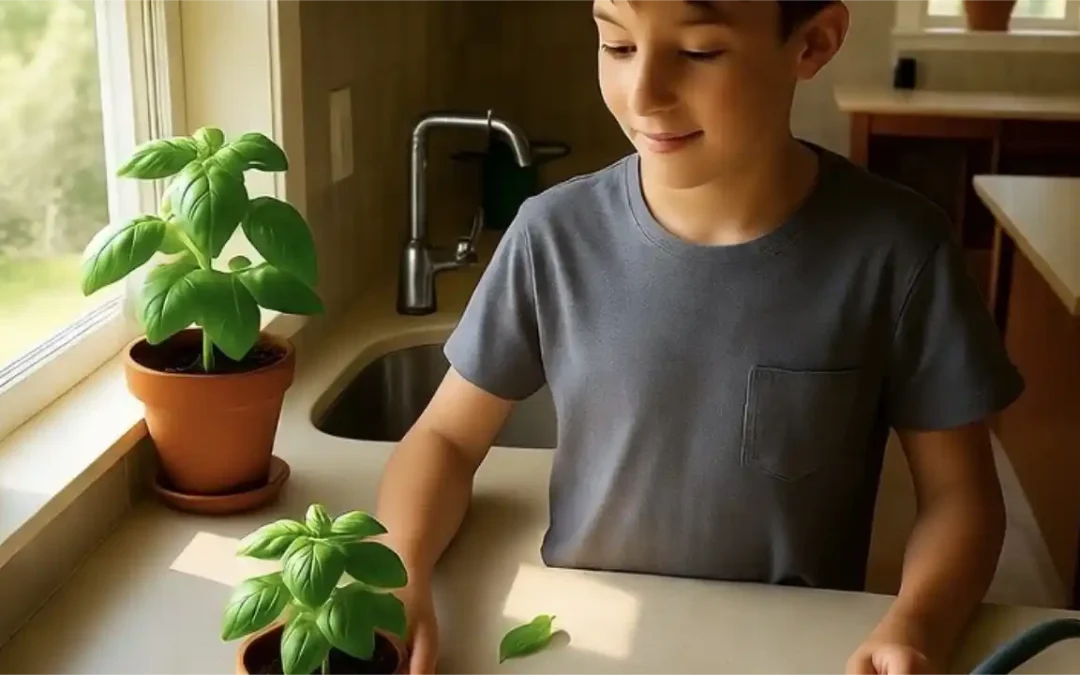
Making Learning Part of Daily Life: Reading as Daily Nourishment
A
child who doesn’t read freely and often will fall behind in more than school. Reading isn’t just another academic skill—it’s a fundamental habit that shapes how a person thinks, learns, and imagines. We treat physical nourishment as essential, yet when it comes to mental nourishment, we act as if reading is optional. It’s not. Without a steady habit of reading, the mind weakens: vocabulary shrinks, attention frays, ideas dull. If we want our children to grow into articulate, curious, thoughtful people, we must treat reading as a daily discipline—one as natural and necessary as brushing teeth or going outside to play.
This doesn’t mean forcing classics or assigning chapters like chores. It means helping children find books that actually interest them and giving them real time to explore. One parent I know noticed her son devouring mythology books but groaning at his school readers. So they struck a deal: fifteen minutes a night of anything he chose, no pressure. Within weeks, he was blowing through Norse epics and graphic novels. Reading took root because it became a source of pleasure, not pain. But that habit needs protection. If every free moment is filled by screens or noise, reading never gets the space it needs to become second nature.
Make time for reading every day. For younger kids, that might mean setting aside a quiet hour with picture books or chapter stories. For older ones, build routines where books feel like a part of life, not an afterthought. You can ask them what they’ve read that day, or keep a simple family reading log. Try “reading sprints”—ten silent minutes where everyone grabs a book. The key is consistency. Like exercise, reading becomes effortless only once it becomes habitual. Start now, and keep going, until the habit grows strong enough to feed their mind for life.
Making Learning Part of Daily Life

Making Learning Part of Daily Life: Grow Scientific Thinking with Plant Experiments
Plant experiments teach patience, observation, and scientific thinking. Help children explore life cycles and natural wonder at home.

Making Learning Part of Daily Life: Connect History and Math with Field Trips
Field trips make history and math feel alive. Explore places where ideas emerged to build curiosity, memory, and real understanding.

Making Learning Part of Daily Life: Teach Math and Reasoning Through Grocery Shopping
Turn grocery trips into math and reasoning lessons. Show children how numbers, choices, and planning work in everyday life.
Table of contents

Primordial Soup for the Mind: Navigation
Navigate the book Primordial Soup for the Mind.
TIPS
- Treat reading like brushing teeth: daily, expected, and non-negotiable
- Don’t wait for school to assign books—follow your child’s interests
- Protect quiet time: make sure reading doesn’t compete with screens
ACTIVITIES
- Ten-Minute Sprint: Set a timer and have everyone in the family read silently together
- What Are You Reading?: Ask this daily—during dinner, in the car, before bed
- Track the Habit: Create a simple calendar or jar to mark daily reading moments
EXAMPLE
My son used to resist reading until I let him pick out his own mythology book. Now he reads it every night without being asked.

Download “Primordial Soup for the Mind: A Parent’s Guide to Nurturing Intellectual Growth”
Enter your information to get this article and hundreds more as part of the FREE book Primordial Soup for the Mind.
Share your thoughts with the Thought Academy community in the Comments section below.

Sharpen those skills!
Enter your information to get our FREE practice exercises so you can hone your critical thinking and reasoning skills!







0 Comments